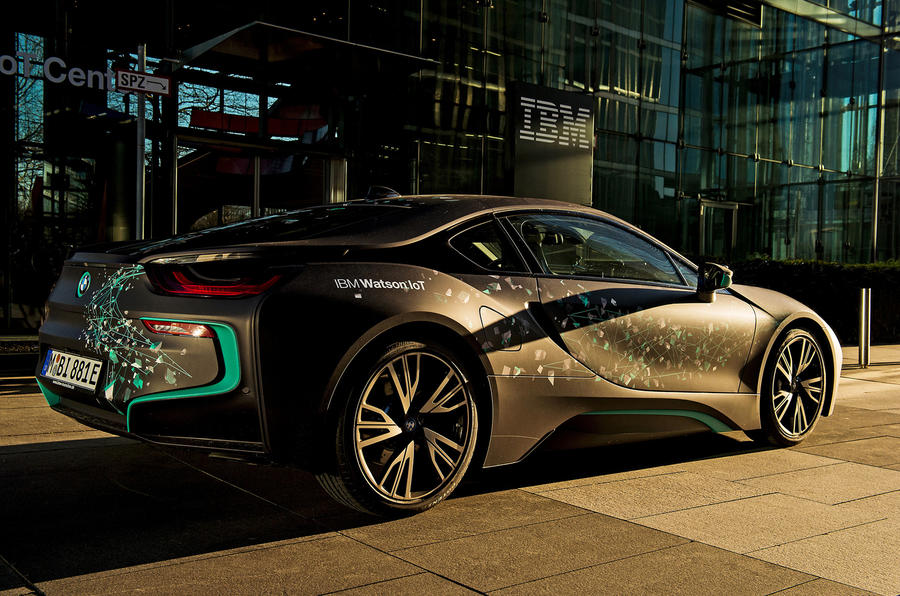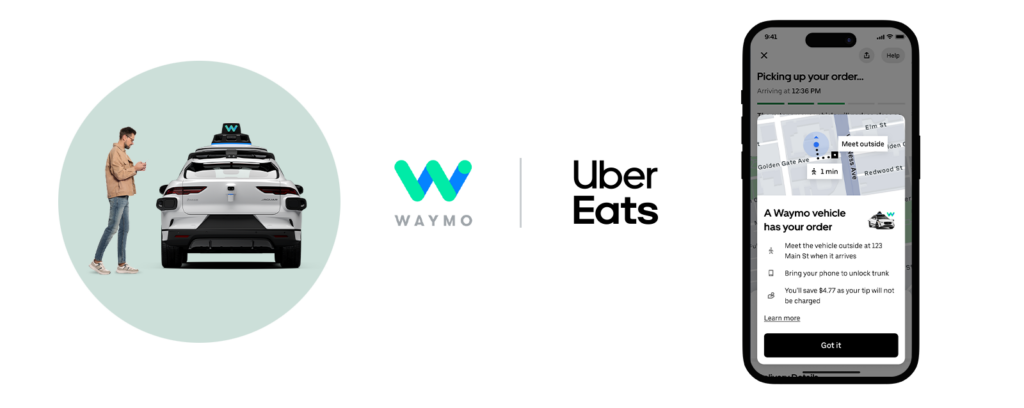Technology has given retail marketing speed, efficiency, and accuracy, as well as a competitive edge. Artificial Intelligence in retail has empowered businesses with high-level data and information that is leveraged into improved retail operations and new business opportunities.
Research shows that retailers are using AI to improve demand forecasting, optimize product placement, and make pricing decisions. Retailers can also improve their understanding of customer behavior, reduce costs, and improve the shopping experience by leveraging the power of machine learning and deep learning algorithms.
The predictive merchandising segment, in the coming years, is expected to account for better inventory management, the need to improve customer experience and engagement, and the ability to enable data-driven insights about customers.
Examples That Cannot Be Missed
Levi Strauss & Co. embarked on its AI journey. Dr Katia Walsh, chief strategy and artificial intelligence officer at Levi Strauss & Co, said they are a company of innovation, dating back to its beginning 168 years ago. “It’s now a company of AI because artificial intelligence is a capability that is part of today’s modern business.”
![]()
She said the company also uses AI to predict the demand for its items. “We have created a livestreaming repository of data incorporating all kinds of data, such as transactions, browsing behavior of consumers but also weather, climate, economic outlooks, epidemiological models, social media trends, fashion trends, and competitive intelligence. All of this is streaming in our repository and then we apply machine learning to predict the demand for each individual item that we design.”
Amazon customizes its homepage for every user based on AI-driven analytics and data collected on purchasing behavior, preferences, wishlists, and cart entries. Moreover, this e-commerce giant uses historical and real-time data to learn about its customers and uses hyper-personalization marketing campaigns to enhance customer experience and satisfaction levels.
Nike launched a new system in 2022 allowing customers to design their own sneakers in a store. This boosted sales. It enabled Nike to collect useful data that machine learning algorithms can use to design future products and deliver personalized recommendations and marketing messages.
Luxury carmaker BMW uses big data to power its design, engineering processes, sales, and customer support. It utilizes predictive analytics to create car designs of tomorrow. BMW is said to have built an AI-enhanced sports car.

Overall, AI is an analytics tool and content generation focused on customers and performance. This is integral to any marketing strategy. AI forecasting tools and AI development services assist businesses in accomplishing carbon neutrality through surveillance of emissions and monitoring recycles. It can diminish the environmental strain by minimizing waste sent to landfills, leading to effective waste management.
Also Read: World’s Biggest Brands in a Period of Stagnation: Report



